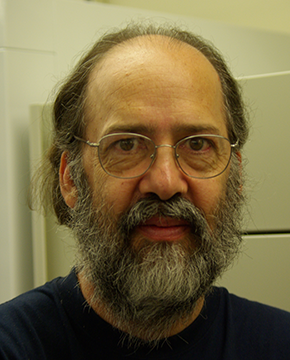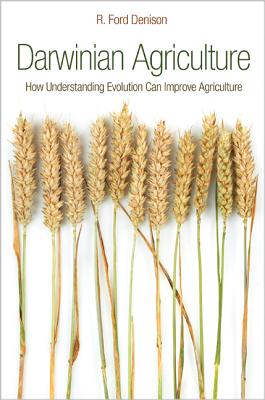R Ford Denison
R Ford Denison is Adjunct Professor at the College of Biological Sciences, University of Minnesota and focuses his teachings and research in the areas of ecology, evolution and behavior.
From 1993 through 2002, R. FORD DENISON taught crop ecology and conducted research at the University of California, Davis, on topics ranging from agricultural sustainability to the evolution of cooperation between microbes and plants.
For most of this time, he directed "the world's youngest 100-year experiment" (LTRAS.ucdavis.edu), tracking the long-term trends that determine agricultural sustainability. His work on symbiotic nitrogen fixation, a possible alternative to nitrogen fertilizers, has led to a patent and publications in journals from Nature to Field Crops Research.
One recent paper, "Darwinian Agriculture: When Can Humans Find Solutions Beyond the Reach of Natural Selection?" points out some limitations both of agricultural biotechnology and of agriculture that mimics natural ecosystems. He has been interviewed on National Public Radio, Science Update (AAAS), and DeutschlandRadio and has been an invited speaker at international meetings and at institutions from Japan's National Agricultural Research Center to the Scripps Institute of Oceanography.
He was educated at Harvard, Evergreen, and Cornell, where he earned a Ph.D. in Crop Science, with postdoctoral and sabbatical research at UC Davis, UCLA, Queen's University (Ontario), Welsh Plant Breeding Station (Aberystwyth), and University of Minnesota. His research has been supported by NSF, USDA, and California's Agricultural Experiment Station.
Research Interests
Applying evolutionary biology to agriculture and human health; developing instrumentation for higher-throughput phenotyping of nitrogen-fixing crops.
Statement
Darwin argued that domesticated species have been "neglected by naturalists." That is still true of agricultural symbionts, such as the rhizobia that provide legume crops with nitrogen. Students in my lab have used rhizobia mainly to test fundamental hypotheses about the evolution of cooperation, with possible practical applications in agriculture. Evolutionary tradeoffs between longevity and reproduction are a significant side-interest, with implications for perennial grain crops and for human longevity.
Source: University of Minnesota and University of California, Davis
Books by Author
Videos











